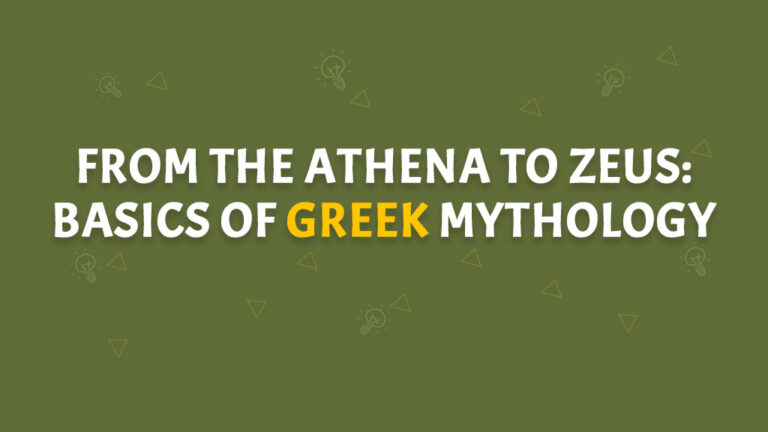❤️It's Trivia, but Sweeter❤️
How’s Your Music Trivia IQ?

Music has always played a central role in shaping cultures, providing a soundtrack to our lives and influencing generations of listeners. From classical symphonies to the latest pop hits, music transcends boundaries and evokes emotions that words alone cannot express. For centuries, music has served as both entertainment and an art form, reflecting the social, cultural, and political climates of different times. The evolution of music spans multiple genres and styles, with artists continually pushing the boundaries of what is possible and creating new ways to connect with audiences.
One of the most fascinating aspects of music is how deeply it resonates with individuals, creating personal connections to songs, albums, and even specific eras. Whether it’s a favorite song from childhood, a timeless classic, or a groundbreaking album that changed the music landscape, music has the power to evoke strong memories and emotions. Fans of all genres—from pop, rock, hip-hop, and jazz to classical and electronic music—have experienced firsthand how music can inspire, heal, and unite people across the globe.
The impact of music is especially evident when we look at some of the most iconic artists and bands throughout history. These figures have become cultural legends, with their music reaching far beyond the confines of the stage or studio. Their influence can be seen in the way they shaped the music industry, broke down barriers, and brought social issues to the forefront of the public’s attention. They are the ones who not only created groundbreaking music but also defined generations.
Artists like Michael Jackson, known as the “King of Pop,” revolutionized the music industry with his innovative approach to music and performance. His album Thriller, released in 1982, is the best-selling album of all time, with over 66 million copies sold worldwide. Michael Jackson’s contributions to pop music are undeniable, with his iconic hits like Billie Jean, Thriller, and Beat It changing the course of modern music. He was known for his distinct style, incredible dance moves, and musical versatility, blending elements of pop, R&B, rock, and soul. His influence continues to be felt across the music world, with artists today drawing inspiration from his groundbreaking work.
In the same vein, The Beatles, a British rock band that formed in 1960, are often regarded as the most influential band in history. The Beatles’ musical catalog is vast, with classic albums such as Sgt. Pepper’s Lonely Hearts Club Band and Abbey Road remaining staples of popular music. Their unique sound and experimentation with different genres, from rock and pop to folk and psychedelia, helped to shape the direction of modern music. Songs like Hey Jude and Let It Be continue to be adored by fans worldwide, solidifying the band’s place in music history. The Beatles’ cultural impact cannot be overstated, as they not only revolutionized the music industry but also became symbols of the social and cultural movements of the 1960s.
Another artist whose contributions to music have left an indelible mark is Freddie Mercury, the lead singer of the iconic rock band Queen. Mercury’s extraordinary vocal range and dynamic stage presence made him one of the greatest performers of all time. Queen’s music is known for its grandeur, with songs like Bohemian Rhapsody, We Are the Champions, and Somebody to Love becoming anthems for millions. Freddie Mercury’s ability to blend operatic and rock elements created a sound that was both unique and timeless. His impact on rock music is still felt today, with Queen’s music continuing to inspire new generations of fans and artists.
The history of music is also filled with trailblazers in other genres, such as Whitney Houston, whose powerful voice and emotional ballads made her a household name. Whitney Houston’s rendition of I Will Always Love You became an instant classic, solidifying her place as one of the greatest vocalists of all time. Her success spanned both pop and R&B genres, and her influence has transcended generations of singers who have sought to emulate her vocal prowess and emotional depth. Similarly, Adele, with her soulful voice and poignant lyrics, has earned widespread acclaim for her powerful ballads and chart-topping albums, becoming one of the most celebrated contemporary artists of the 21st century.
The cultural impact of music is not confined to Western artists alone. Across the world, music has been a way for people to express their identities, experiences, and emotions. From the vibrant rhythms of Latin music to the energetic beats of African pop, music has brought people together and served as a reflection of diverse cultures. Artists like Shakira, Rihanna, and Beyoncé have not only gained international fame but have also brought attention to global music trends and inspired cross-cultural collaborations. Music, as a universal language, transcends language barriers and unites people from all walks of life.
In recent years, streaming platforms like Spotify, Apple Music, and YouTube have revolutionized the way people listen to music. These platforms have democratized access to music, allowing listeners to discover new artists and genres with the click of a button. The rise of streaming services has also led to the democratization of music production, with independent artists gaining the ability to release their music to a global audience without the need for major record labels. This shift has sparked a new era in music, where artists have more control over their careers and the way their music is distributed.
As music continues to evolve, one thing remains constant: its power to move people. Whether it’s through the hypnotic beats of a dance track, the emotional pull of a ballad, or the energetic rhythms of a rock anthem, music has an unparalleled ability to connect with audiences on a deep, personal level. Each generation has its own musical icons and anthems that define it, and as new artists continue to emerge, the future of music remains bright and full of potential.
In the world of music trivia, knowledge about the greatest songs, albums, and artists is essential. Understanding the history behind these songs can enhance the listening experience, offering deeper insights into the cultural significance and creative processes that shaped the music. Music trivia is more than just a fun pastime—it’s a celebration of the rich, diverse history of the art form. From classic rock anthems to modern pop hits, the music we listen to today is the result of decades of innovation, experimentation, and passion. Whether you’re testing your knowledge or simply enjoying the tunes, music has a timeless ability to bring joy, inspiration, and connection to our lives.



